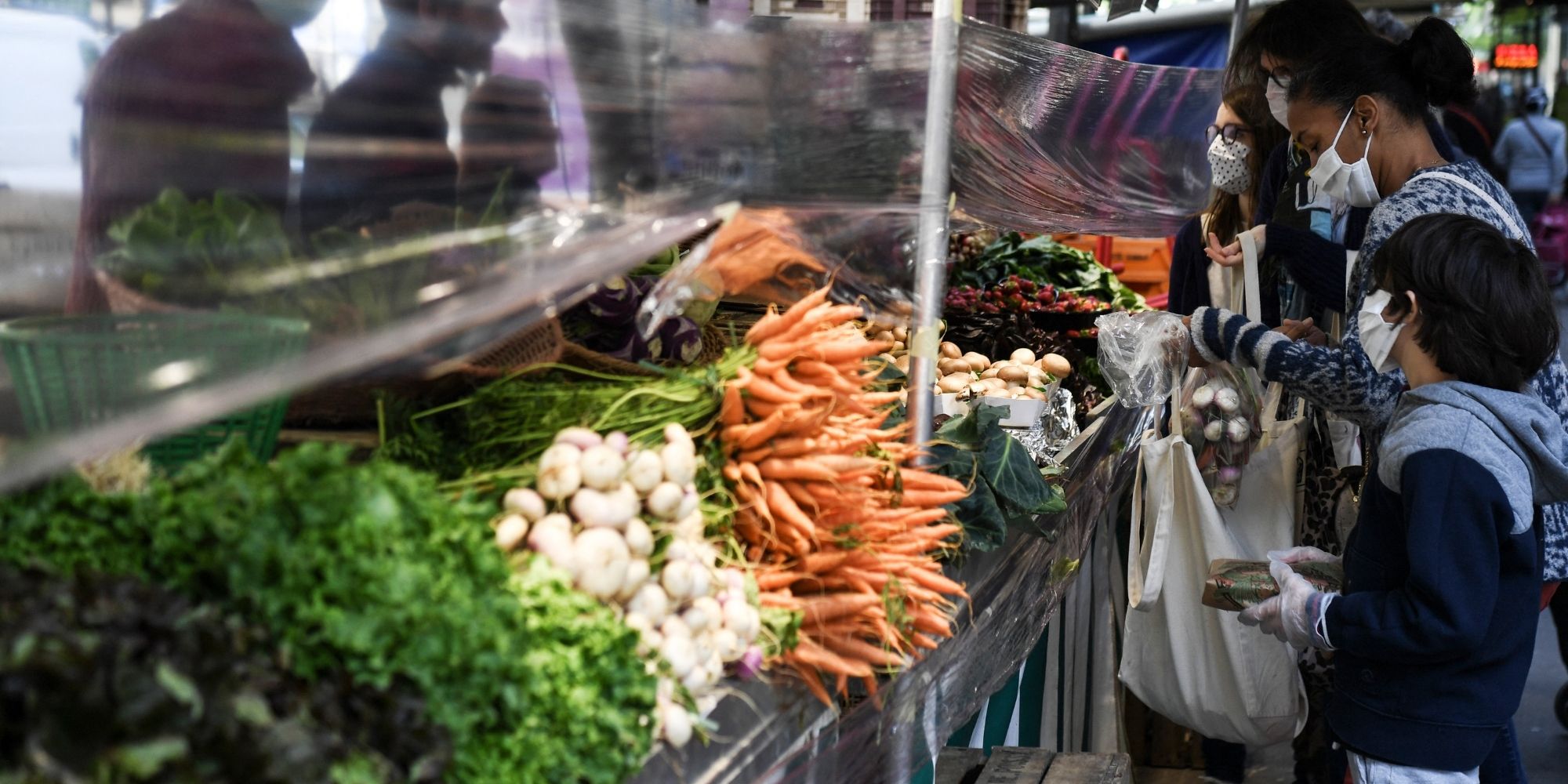The practice is gaining momentum: supermarkets, small market gardeners and even fruit and vegetable producers trick consumers into being able to sell their products at a higher price.
They affix a "French origin" label to goods which most often come from Spain, before reselling them in France.
Kiwis, strawberries or even cherry tomatoes imported from Spain and sold with the "Origin France" label: the practice is illegal but allows the seller to make a substantial margin.
Because after a "francization", fruits and vegetables are sold up to twice as expensive.
This fraudulent practice, consisting in passing off foreign merchandise for French products to consumers, is not new but is growing.
"25% anomalies" in the establishments inspected in 2020
Out of 452 establishments controlled in 2020, Romain Roussel of the General Directorate for Competition, Consumer Affairs and Fraud Control notes "25% anomalies".
>> Find the morning show of the day in replay and podcast here
"In 2021 we decided to make more than a thousand visits to establishments to specifically control these problems of francization of fruits and vegetables," he continues.
An alteration of the "French model"
This "consumer deception" can lead to an increase in his mistrust, proclaims Laurent Grandin, the president of the national federation of fruits and vegetables.
These fraudsters could deteriorate the image of the "French model which assumes a move upmarket and which is rather recognized today by the consumer".
>> Find all the newspapers of the editorial staff of Europe 1 in replay and podcast here
These acts of bad faith pose another problem: they increase the volumes of French fruit and vegetables sold each year and therefore completely distort market prices.

